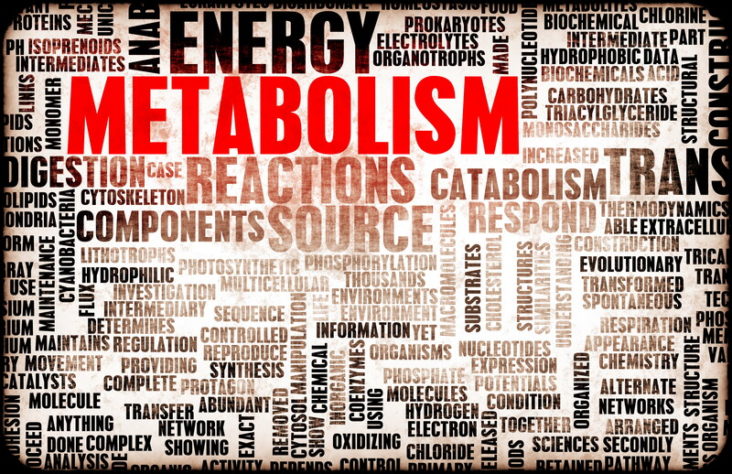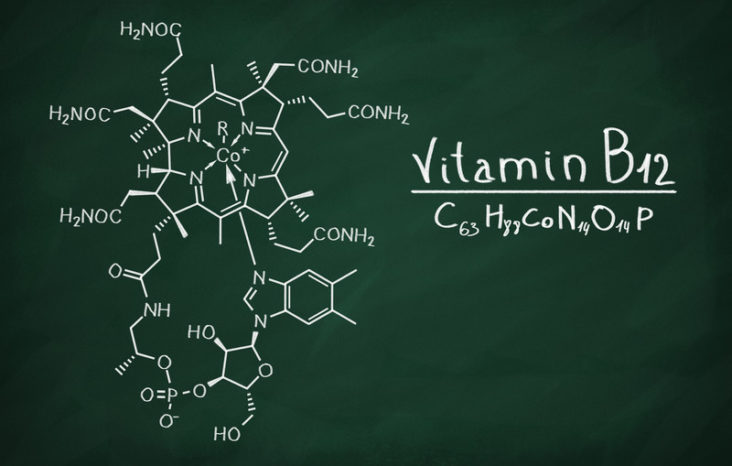In the wintertime in Canada, people often dream of what they’ll do when it gets hot again. Some even travel for shorter or longer periods of time to warmer climates to wait out the cold weather . But as enjoyable as hot weather is, sometimes it can get a little too warm for our bodies […]
3049 Kingston Road, Scarborough ON M1M 1P1
Opening Hours : Monday to Friday - 9:00am to 6:00pm
Contact : 416.261.8181
All Posts Tagged: nutrition

Magnesium: deficiencies and types
Magnesium plays important roles in the structure and the function of the human body. The adult human body contains about 25 grams (g) of magnesium. About 50 to 60% of all the magnesium in the body is found in the skeleton and the remainder is found in soft tissue, primarily in muscle. Magnesium is the […]

METABOLISM: The fire of life
Metabolism is the process by which your body converts what you eat and drink into energy. During this complex process, calories in food and beverages are combined with oxygen to release the energy your body needs to function. Even when you’re at rest, your body needs energy for all its “hidden” functions, such as breathing, […]

Vitamin B12
Vitamin B12 (cobalamin) is a water-soluble vitamin that plays essential roles in red blood cell formation, cell/energy metabolism, nervous system function and the production of DNA. Vitamin B12 is an elaborate molecular jigsaw involving around 30 individual components. It is unique among the vitamins in that it is only made by certain bacteria, but the […]

IV Nutrition Therapy
Intravenous (IV) Therapy is the quickest, safest way to administer vitamins, minerals and amino acids to enhance immune function, increase energy levels, and help manage a variety of chronic health problems. IV nutrients can be preventive by strengthening your body’s defenses as well as anti-aging by promoting great skin, hair, and nails to help you […]

Can a vitamin be a drug?
Sometimes patients are confused about this topic: aren’t the supplements (vitamin, minerals, fatty acids etc) drugs too? Don’t they “treat” diseases too? What’s the difference between them? Let’s start with the definition of a drug first. According to Health Canada, drugs include both prescription and non-prescription pharmaceuticals; biologically-derived products such as vaccines, blood derived products, […]

NUTRIGENOMIX: test your genes for your best health!
It is already a well-established fact now that your genes can help tell you what to eat and influence how diet affects your health. It has long been apparent that some people respond differently from others to certain foods. Genes also can help explain why people choose the foods they do—for example why some people have […]

The Science behind the Grey Hair and Debunking its myths
I was always intrigued by why people turn grey hair at some point in their life. What is the science behind this? And what is the truth behind the all the myths about grey hair? Let’s take it step by step. Scientists have long known that greying is the result of a gradual disappearance of […]
